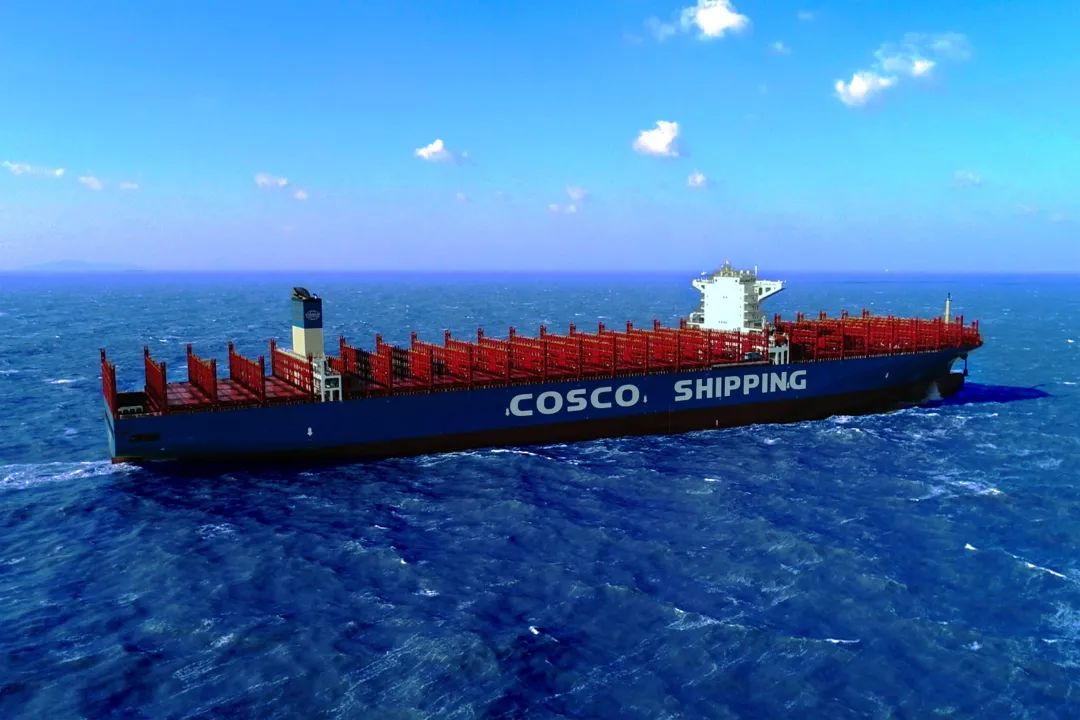Navigating South Africa’s port handling fees can be confusing for those involved in international trade and freight transportation. Whether you’re an exporter, importer, or logistics professional, understanding how to understand South Africa port handling fees is essential for accurate budgeting and avoiding unexpected costs. This guide breaks down the key components of these fees, helping you make informed decisions when shipping goods to or from South African ports.
1. Know the Different Types of Port Handling Fees
Terminal Handling Charges (THC)
THC covers the cost of handling cargo at the port terminal. This includes loading and unloading goods from vessels, moving them within the terminal, and stacking. For example, when shipping containers from China to South Africa, the THC at South African ports will apply to each container, based on its size (20 – foot or 40 – foot) and weight.
Storage Fees
If your cargo stays in the port’s storage facilities beyond the free – storage period, you’ll incur storage fees. These fees vary depending on the duration of storage, the type of cargo, and the storage area. Perishable goods might have higher storage costs due to the need for special handling and climate – controlled environments.
Customs Clearance Fees
Customs authorities in South Africa charge fees for processing import and export documentation, conducting inspections, and assessing duties and taxes. These fees ensure compliance with local regulations and facilitate the smooth movement of goods through customs.
2. Identify Factors Affecting the Fees
Cargo Characteristics
The nature, size, and weight of your cargo influence port handling fees. Bulky or heavy items require more resources for handling, leading to higher charges. Hazardous materials also involve additional safety measures and inspections, increasing the overall cost.
Port of Operation
Different ports in South Africa have their own fee structures. Major ports like Durban and Cape Town may have higher fees due to higher demand and more advanced facilities. Smaller ports might offer more competitive rates but could have limitations in terms of services.
Seasonal and Market Fluctuations
During peak shipping seasons, such as holidays or specific industry – related periods, port handling fees can increase due to higher demand for port services. Market conditions, including changes in fuel prices and labor costs, also impact the fees.
3. Obtain Accurate Fee Information
Consult Port Authorities
Reach out directly to South African port authorities. They can provide official fee schedules and detailed explanations of what each fee covers. Websites of ports like the Durban Port Authority often publish up – to – date information on handling fees.
Communicate with Shipping Lines and Freight Forwarders
Shipping lines and freight forwarders, such as experienced ones like China Top Freight, have in – depth knowledge of port handling fees. They can offer insights based on their past experiences, help you understand how fees are calculated, and may even assist in negotiating better rates.
4. Calculate and Budget for the Fees
Break Down the Costs
Once you have the fee information, break down each type of charge for your specific shipment. Calculate the total cost by adding up all the individual fees, including THC, storage, and customs clearance. This gives you a clear picture of the overall port handling expenses.
Include Contingency
Since port handling fees can sometimes be subject to unforeseen changes, it’s wise to include a contingency amount in your budget. Allocate around 10 – 15% of the total estimated fees to cover any unexpected costs, such as sudden increases in storage fees due to delays.
5. Manage and Dispute Fees if Necessary
Review Invoices Carefully
When you receive invoices for port handling fees, review them thoroughly. Check for accuracy in the calculation of charges, ensure that you’re being billed correctly based on the agreed – upon terms, and verify that all services listed were actually provided.
Dispute Incorrect Fees
If you believe there are errors in the fees charged, don’t hesitate to dispute them. Contact the relevant party, whether it’s the port authority, shipping line, or freight forwarder, and provide evidence to support your claim. A timely and well – presented dispute can help you avoid overpaying.
In conclusion, mastering how to understand South Africa port handling fees requires a combination of knowledge about fee types, awareness of influencing factors, and careful calculation and management. By following these steps, you can navigate the complex world of port fees more effectively, ensuring that your freight operations remain cost – efficient and hassle – free. Whether you’re new to shipping in South Africa or looking to optimize your existing processes, this guide will help you gain a better understanding of port handling fees and make informed decisions for your business.Utilize China Top Freight to help solve the problems you are facing. Contact us today to embark on your smooth transportation journey!


